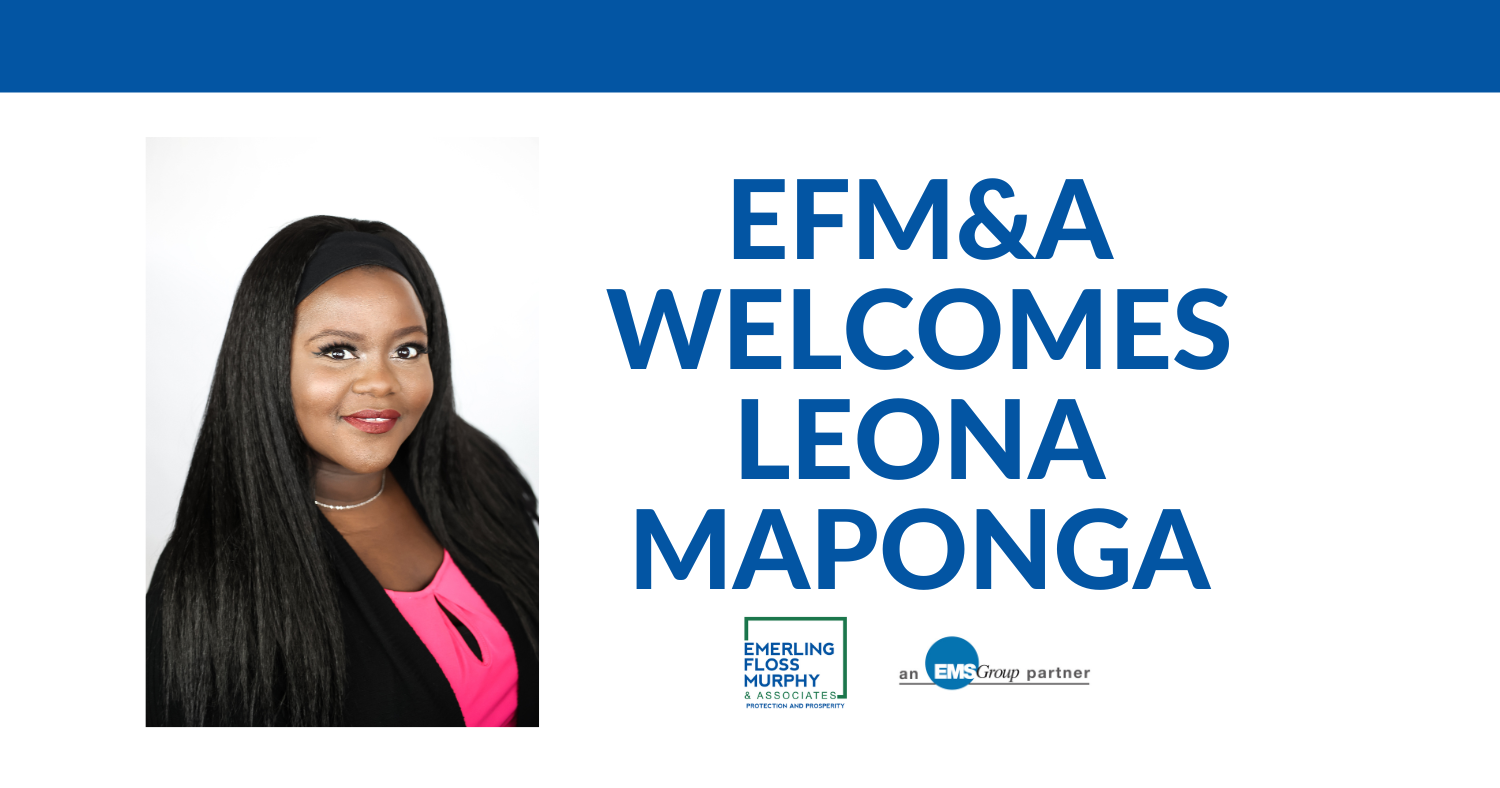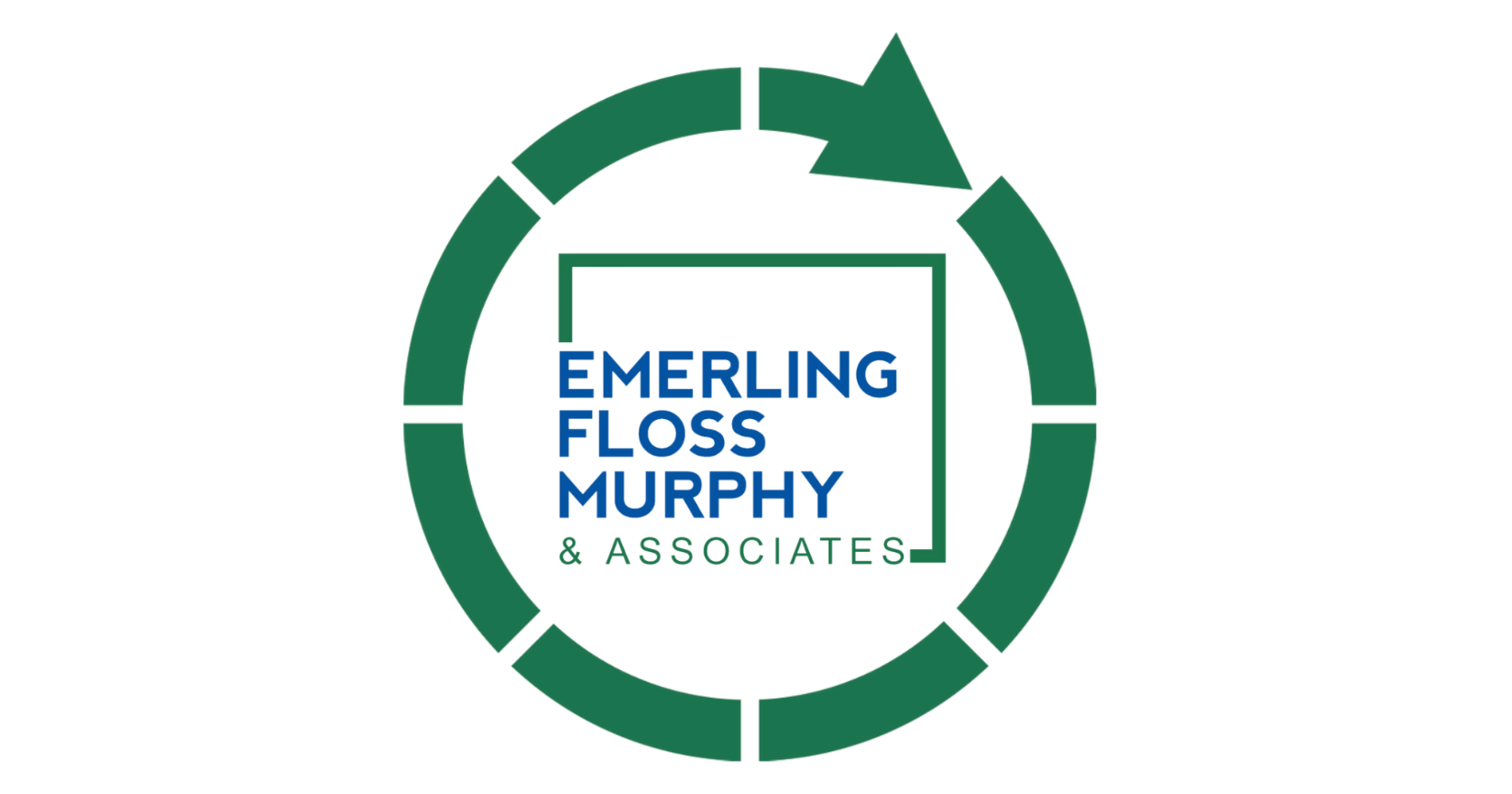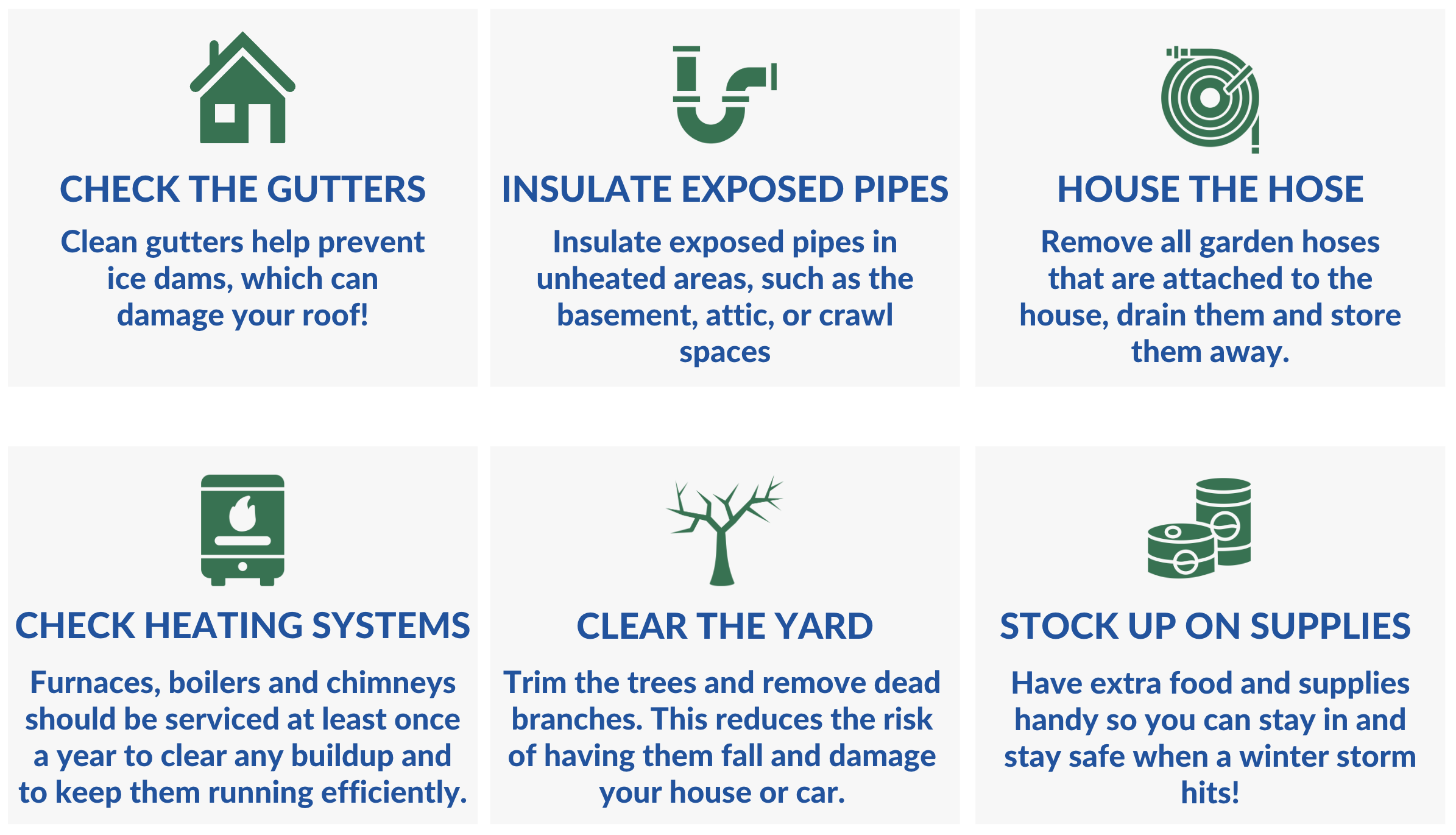Winter Winds, Snow, and your Insurance!

Jill Grucza, Personal Lines Team Lead
From high winds to snowstorms, the mild winter we started with is a thing of the past.
Knowing what to do if these weather events damage your house or car is important.
The priority is to ensure that you and your family are safe. This includes being safe during and immediately after the storm and handling any damage that may affect your safety.
When the storms have died down, you will want to assess the damage as soon as it is safely possible. Take pictures as soon as possible, and call your agent to discuss a possible claim. They will go over your coverage and deductible to determine if that is the best route.
Once you have talked to your agent, you can take care of any repairs that require attention.
If, for instance, a pipe is dripping water into your home, you don’t have to wait until a contractor shows up to address the problem. If you clearly understand the steps to take with your insurance company, you can make emergency repairs without the risk of losing insurance coverage. As you make repairs, be sure to document all your expenses. Anything you buy to fix the problem will likely be covered as part of your claim.
Homeowners insurance can cover damage to your home and other structures on your property caused by fallen trees, branches, and limbs if a tree falls on your house. This includes coverage for damage caused by a neighbor’s tree falling on your property, although your neighbor’s insurance may pay for the damage instead if the tree fell due to negligence on their part.
If a tree falls on your car, your auto insurance will pay for the damages if you carry comprehensive coverage on that vehicle.
If you have any further questions or concerns, never hesitate to contact your representative at Emerling Floss Murphy & Associates. We are here to help!
JILL GRUCZA, CIC
PERSONAL LINES TEAM LEAD




































